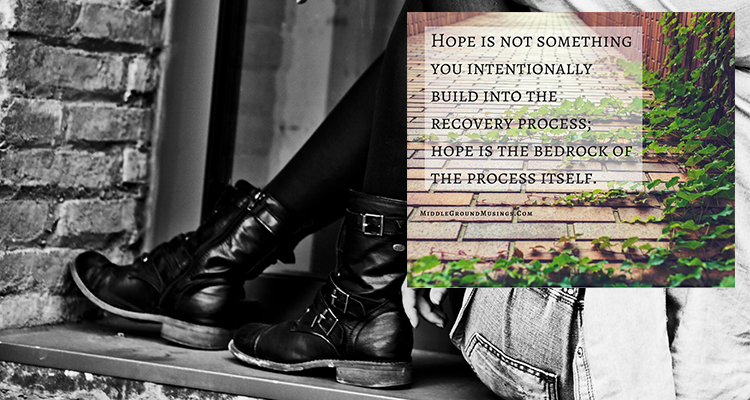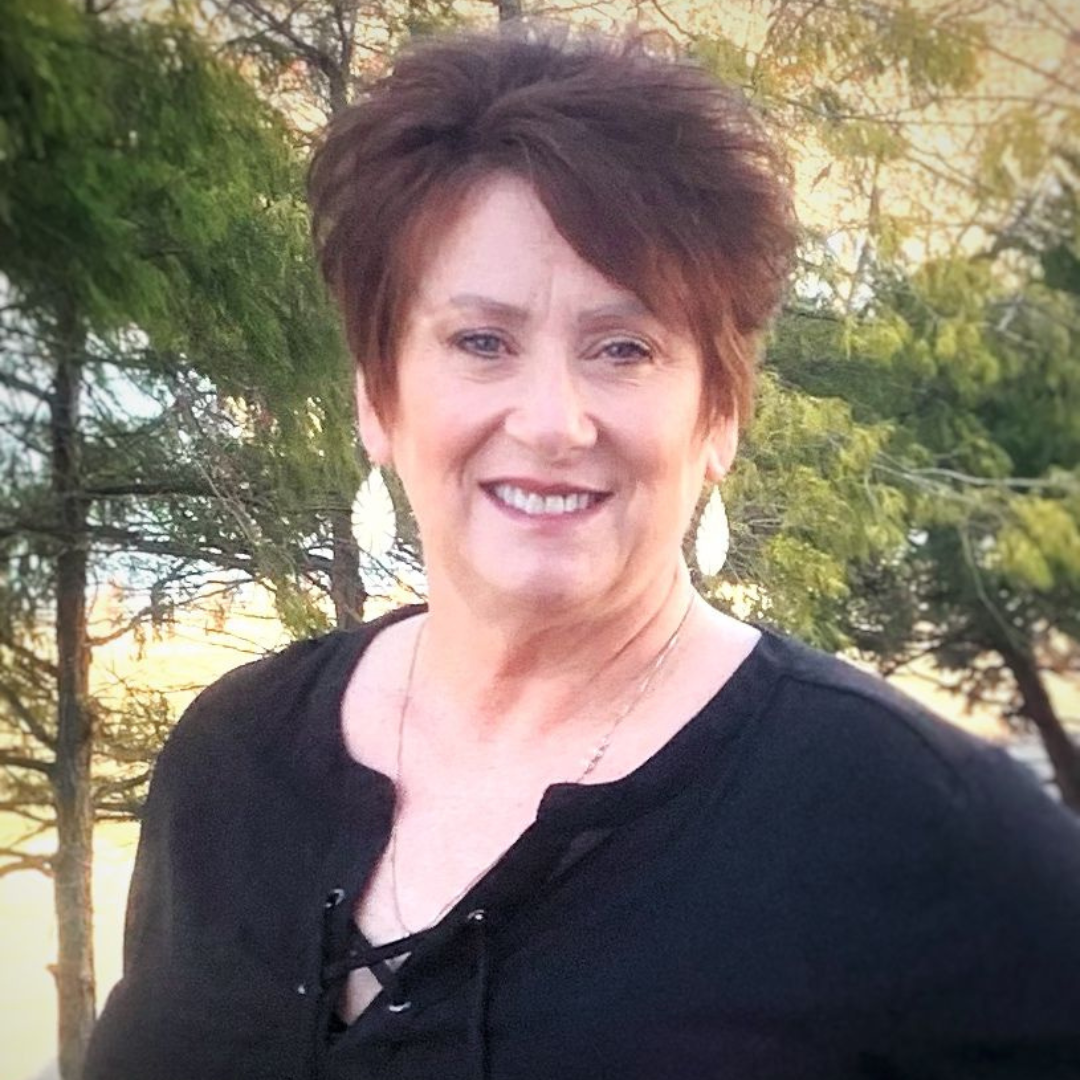Laura Albertini-Weigel calls it the “hope factor.” It’s the belief that addiction can be overcome. And that is what keeps her going.
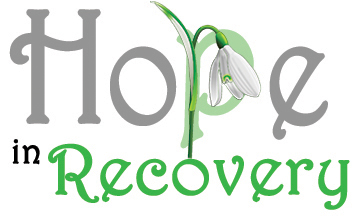 Laura is the director of the Women In New Directions (WIND) program at the Wheeling YWCA. WIND provides a safe, supportive environment for women beginning their journey in recovery from drug and alcohol addiction. Laura has held her position since 2015 and says she feels called to be “an advocate for those without a voice.”
Laura is the director of the Women In New Directions (WIND) program at the Wheeling YWCA. WIND provides a safe, supportive environment for women beginning their journey in recovery from drug and alcohol addiction. Laura has held her position since 2015 and says she feels called to be “an advocate for those without a voice.”
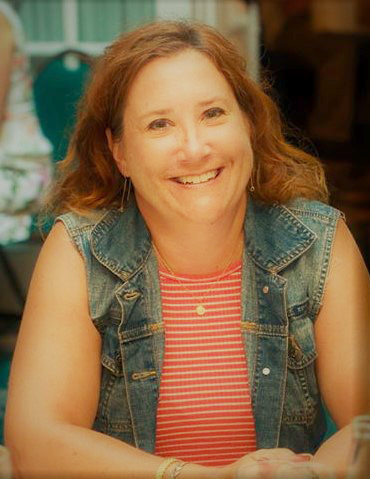
The WIND program offers recovering women support in two phases. The first phase offers participants a place to live while they work their treatment program. The women commit to this phase for a minimum of six months. They are required to work, attend school, or volunteer at approved locations, and are also required to assist with daily chores such as cooking and cleaning. In addition, participants must also agree to total abstinence from drugs and alcohol and have the ability to pass drug screening tests.
During this initial phase, Laura and the WIND staff work with the residents to help them re-enter the “real world.” Some residents have been incarcerated, and many lack transportation and basic identification documents. The staff assists the women in compiling the paperwork needed to obtain state identification, drivers’ licenses, Social Security cards and other vital credentials.
Once this is complete, the residents receive life-skills and employment training and are expected to find gainful employment. “We work with a number of area businesses who are willing to give these women a chance, ” Laura says. Joining the workforce allows the women, most of whom have dependent children, to improve their entire family’s economic status and living conditions.
THE DIFFICULTIES OF RE-ENTERING SOCIETY
WIND staff and clients participate in a unique “Re-Entry Simulation” training that is gaining statewide and national attention. During the simulation exercise, participants are told that they are about to re-enter society after being released from prison. Each person is given a list of items that they do or don’t have, such as a driver’s license, car, bus pass, etc. Then the person is asked to move from station to station, with each one representing a real-life obstacle they would face in this situation, such as obtaining housing, going to a job interview, or qualifying for state assistance.
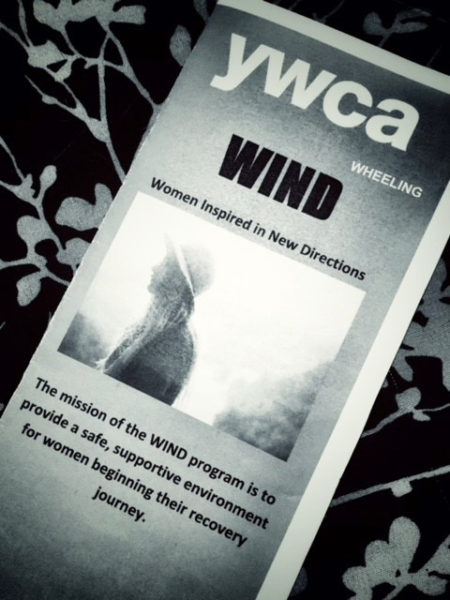 Participants quickly realize that it’s often easier to return to jail than to establish a new life on the outside when they lack the basic advantages that most of us take for granted. WIND helps to bridge the gap between prison and society, giving women the tools and skills they need to start a new life for themselves and their children. According to Laura, the most recent WIND Re-Entry Simulation session was filmed for use as a nationwide training tool for the United States Department of Justice.
Participants quickly realize that it’s often easier to return to jail than to establish a new life on the outside when they lack the basic advantages that most of us take for granted. WIND helps to bridge the gap between prison and society, giving women the tools and skills they need to start a new life for themselves and their children. According to Laura, the most recent WIND Re-Entry Simulation session was filmed for use as a nationwide training tool for the United States Department of Justice.
THE EFFECTS ON CHILDREN AND THE SYSTEM
Laura has been a social worker for many years. She says that 20 years ago, 85 percent of child abuse and neglect cases were due to sexual molestation, physical neglect or other direct harm to children. According to the West Virginia Department of Health and Human Resources, 85 percent of child abuse and neglect cases today are drug-related in some way. West Virginia is No. 1 in the country in child removals from homes, and there has been a 46 percent increase of children in state custody in the past three years. These increases mean a strain on the child welfare system and, in turn, possible delays in care for neglected children.
“It is impossible to estimate how many people are directly affected by a single addict,” Laura says. Minor children are most directly affected, and often feel the immediate repercussions of their parents’ drug use. In order to care for the children of recovering women, WIND allows those who graduate successfully from the program to progress to transitional living, where residents can bring their minor children to live with them and use the parenting skills they’ve learned to regain and/or maintain custody of their children.
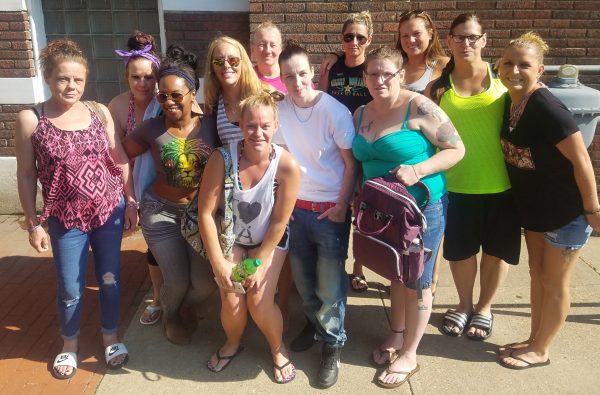
During both phases, WIND administers recovery integration services through the efforts of a house supervisor, house technicians and peer recovery coaches. This staff offers round-the-clock support for the women and their children. WIND works closely with a number of other local agencies such as Northwood, Wheeling Health Right, the Lee Day Report Center and local drug courts to facilitate various services for its residents. The program helps to secure educational, medical and counseling services for their clients.
“We need to educate the public,” Laura asserts. “Some people are in denial about just how pervasive the local drug problem is. Most people who do ‘get it’ either know someone, have someone or were someone with an addiction problem. Our beds are always full, and there are never enough openings available to keep up with demand.” Laura says that women coming out of prison after serving time are required to have a home plan in place prior to their release. She receives five to 10 requests per day from women hoping to find housing in WIND’s facilities, which have only 14 beds for women in the initial phase and seven beds for those in the transitional living stage. This situation clearly and powerfully illustrates the overwhelming need for additional local treatment options for those in recovery.
EMPLOYMENT GIVES WOMEN A STEP UP
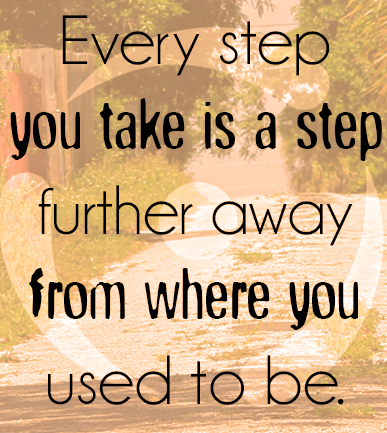 Obtaining employment is a vital step in the recovery process. In order to expand employment options for its clients, the YWCA has established the Y Fix It program.
Obtaining employment is a vital step in the recovery process. In order to expand employment options for its clients, the YWCA has established the Y Fix It program.
In partnership with a local training program called Step Up for Women, the YWCA is hiring women who are certified in basic plumbing, electrical and carpentry skills. Any women in the community who are interested are eligible to participate in the Step Up For Women training program, where they can earn a certification in basic household repair skills.
This will allow them to find jobs in local trade unions or work for the Y Fix It program, where they will be hired out to the community as skilled repair persons.
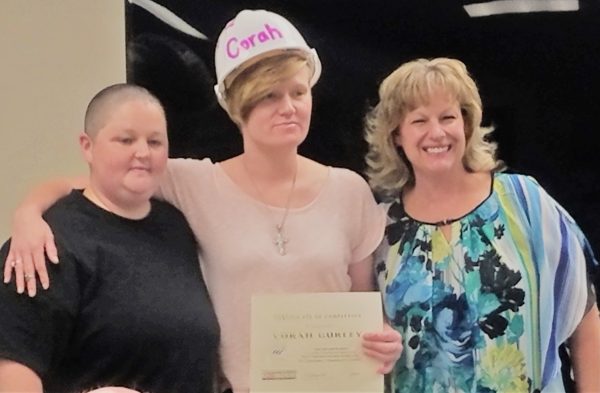
ONE FAMILY AT A TIME
When asked about WIND’s success rate, Laura is optimistic. She cites the starfish story, where a young boy is walking along a beach, picking up starfish who have washed ashore and tossing them back into the ocean. A man walking by tells the boy that he can’t possibly make a difference; there are far too many starfish for him to save them all. But the boy looks at the starfish in his hand, flings it back into the water and says, “But I made a difference for that one.” One person and one family at a time — that is how Laura and WIND are making an impact on the local drug crisis.
If you’d like more information on services provided by the Wheeling YWCA or if you’d like to make a donation, visit the website. If you’d like to donate to the WIND program, you can do so by mailing a check to the YWCA, 1100 Chapline St., Wheeling, WV 26003, noting that the donation is being made to WIND.
The YWCA will hold a Quarter Auction to benefit the WIND program, Sunday, March 3, 1-3 p.m. at the YWCA, 1100 Chapline St., Wheeling. Doors open at noon. $5 admission includes one paddle, with $1 for each additional paddle
• A lifelong Wheeling resident, Ellen Brafford McCroskey is a proud graduate of Wheeling Park High School and the former Wheeling Jesuit College. By day, she works for an international law firm; by night, (and often on her lunch breaks and weekends) she enjoys moonlighting as a part-time writer. Please note that the views expressed in her writing are solely her own and do not necessarily reflect those of anyone else, including her full-time employer. Through her writing, Ellen aims to enlighten others on causes close to her heart, particularly addiction, recovery and equal rights. She and her husband Doug reside in Warwood with their clowder of rescued cats, each of whom is a direct consequence of his job as the Ohio County Dog Warden. Their family includes four adult children, their spouses and several grandkids.


